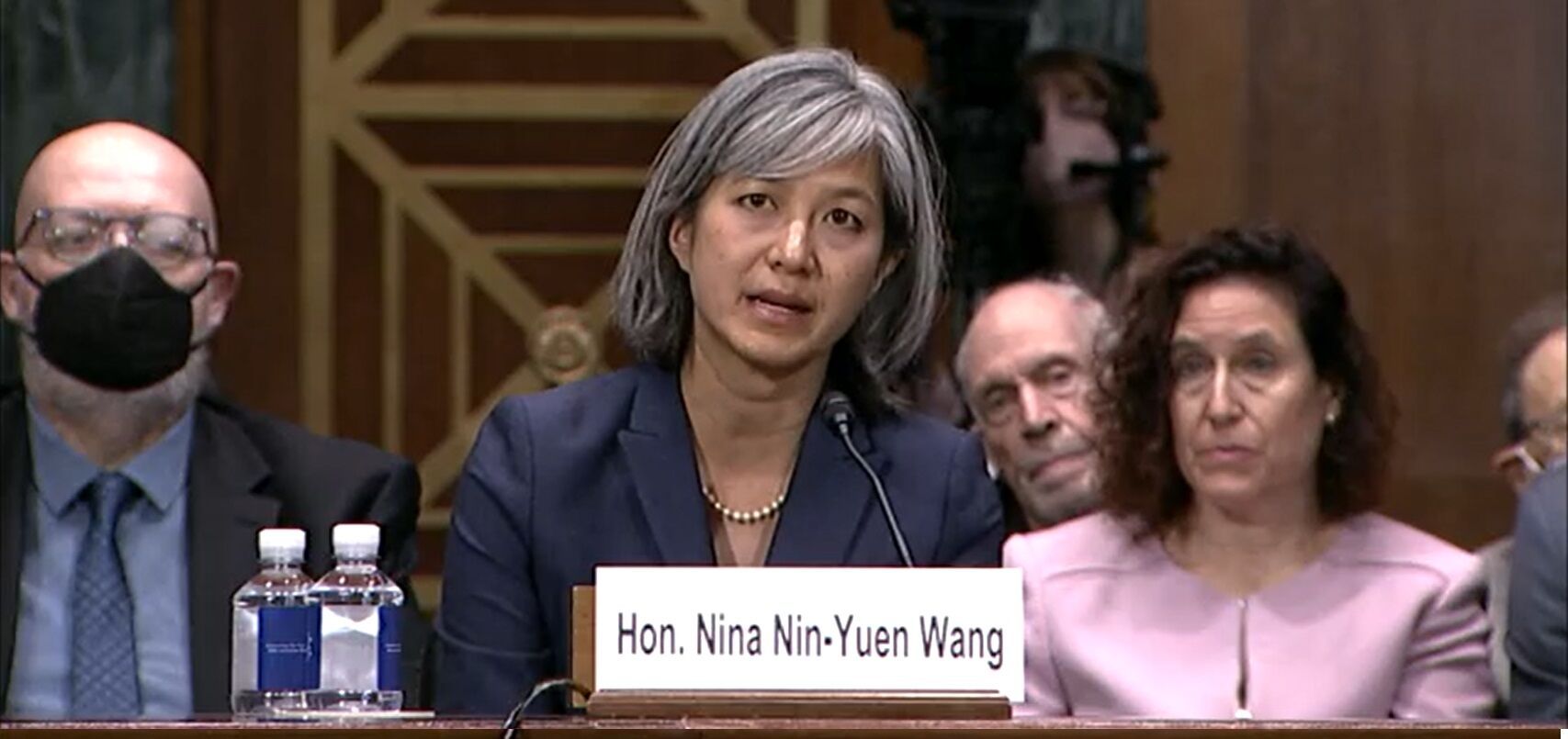Federal judge fines lawyer $3,000 for ‘reckless’ filings with incorrect info

Judge suspects use of generative artificial intelligence; attorney denies using AI
A federal judge took the unusual step last week of fining an attorney $3,000 for submitting flawed case citations, being evasive when her opposing counsel raised concerns and relying on cases that did not support her argument.
U.S. District Court Judge Nina Y. Wang found that plaintiff’s attorney Sara A. Green violated the procedural rule requiring lawyers to attest that their submissions are supported by existing law. Green must also pay the attorney fees for the opposing side because she unreasonably “multiplied” the proceedings with her conduct.
“Ms. Green’s lack of diligence in preparing her filings led to three iterations of the Complaint and two Motions to Amend that would not have occurred had she verified her citations prior to filing,” wrote Wang in a Nov. 14 order. “When defense counsel expressed his concerns over the citations in the First Amended Complaint, Ms. Green was evasive and uncooperative.”
Although Green had maintained her incorrect citations were the product of her own carelessness, Wang appeared to harbor some doubts, noting that they “bear the hallmarks of generative artificial intelligence.”
Green declined to comment on Wang’s characterization of her actions.

Wang’s order came several days after she held a hearing, in which she grilled Green extensively about the sequence of events that led to Green’s submission of filings containing faulty information.
Over the summer, Green filed a lawsuit on behalf of an Eagle County firefighter whose time spent on non-firefighting duties allegedly entitled him to overtime pay. However, the county failed to compensate the plaintiff and others in his position accordingly.
On Sept. 9, Green filed an amended complaint to expand on the allegations. She cited multiple court cases in support of her client’s position.
A week later, the county’s lawyer, Colin Walker, emailed Green saying he could not find four of the cases she cited. He asked for “true and correct copies of these cases.”
Green replied that “they exist” but were “inadvertently included.” She indicated she would file another amended complaint to correct the citations.
“Your response is perplexing,” wrote Walker. “If, as you claim, these cases exist, it would be simple enough to send us copies and/or valid citations. You have steadfastly refused to do so, which seems to confirm you have submitted false case law to the court.”
On Sept. 18, Green submitted a new proposed complaint, explaining some cases were “inadvertently mis-cited” in the prior version. She replaced them with “properly cited and verifiable cases.”
Walker submitted a response in opposition, attaching his email exchange with Green. He told Wang he would not normally criticize opposing counsel for “honest mistakes,” while arguing the inclusion of four faulty citations and Green’s reaction to the mistake were “not honest.”
“Although there is no way to know for sure what happened, this has all the hallmarks of the use of generative artificial intelligence to perform legal research without confirming the results,” Walker wrote. “Regardless of the reasons, Plaintiff’s conduct here is unacceptable and has caused unwarranted costs to Eagle County, a public, taxpayer-funded, entity.”

The following day, Green notified Wang that her client was dismissing his lawsuit. But that was not the end, as Wang quickly ordered Green to explain the incorrect citations. Green denied using AI, but instead pointed to “jumbled notes, shorthand mistakes, typographical and formatting errors” as the cause.
“Would you agree at this point,” Wang asked at a Nov. 3 hearing, that “none of those case citations exist?”
Green responded that the citations themselves were incorrect, but the case names were real and do exist.
Yet, one case “cannot be pulled up in any legal database we found,” interrupted Wang.
“I had very sloppy notes. I was very disorganized. I was doing a lot of things at once,” said Green. “I’ve never been threatened with sanctions before. It’s a one-time instance. It’s a mistake.”
“At no time in your correspondence with Mr. Walker do you say, ‘Hey, Mr. Walker, this is what happened.’ Instead, you appear to engage in communications that seem to, at best, avoid the issue,” Wang told her.
In her order, Wang noted that citing non-existent cases is “fundamentally frivolous” and a clear violation of the rules for civil cases.
“Ms. Green insists that she used the cases as ‘placeholders to further do research,’ but concedes that she did not do such further research or check the citations,” Wang wrote. “Disorganization alone, however, cannot explain the legal errors that plagued Plaintiff’s pleadings since the inception of this case.”
She elaborated that Green’s original complaint relied on a regulation that had not existed for 14 years, and that even legitimate cases cited later did not support Green’s arguments.
“Ms. Green is correct when she states that she has appeared before this Court and this particular judicial officer for years without similar sanctionable conduct,” wrote Wang. But “this Court respectfully concludes that the conduct of Plaintiff’s counsel was unreasonable under the circumstances.”
In imposing a $3,000 fine for the rule violation, Wang also believed it is proper for Green to pay for Walker’s time spent responding to the problematic filings.
“The unfortunate reality is that Ms. Green never attempted to explain” the entire situation, Wang wrote. “And because of Ms. Green’s reckless disregard for both her duties to the Court and the ‘orderly process of justice’ as a whole, both Defendant and the Court have been forced to devote time and resources to the recurring citation errors.”












